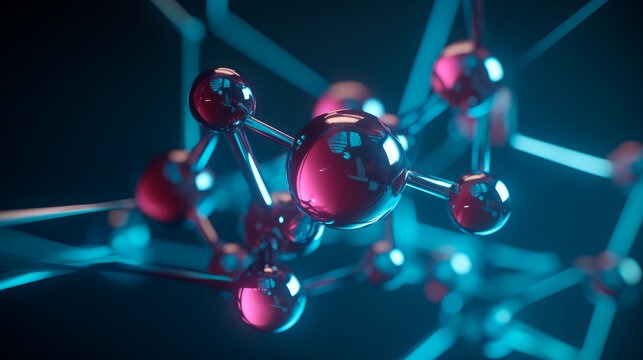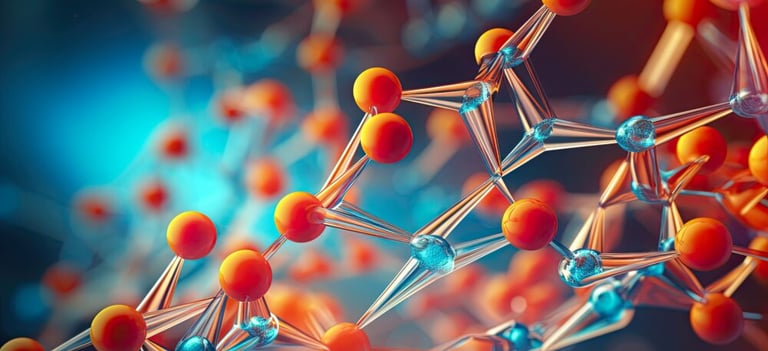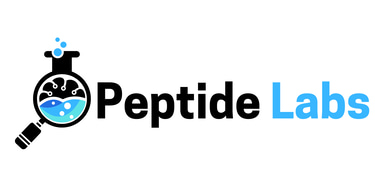Are Peptides Natural or Synthetic?


Peptides can be both natural and synthetic, depending on their source.
In the human body, peptides are naturally produced every day. They act as messengers, sending signals between cells to regulate functions like healing, hormone release, metabolism, and skin repair. These naturally occurring peptides are essential for keeping the body balanced and healthy.
At the same time, scientists have developed synthetic peptides in the lab. These are carefully designed to mimic, enhance, or modify the natural peptides your body already makes. For example, synthetic peptides may be used in medical research, anti-aging skin care, muscle recovery, or weight management studies.


The main difference is that natural peptides are created by your body, while synthetic peptides are produced through advanced biotechnology. Both work in similar ways, but synthetic versions give researchers more control, allowing them to target very specific biological pathways.
👉 In short: peptides are both natural and synthetic—your body makes them naturally, and science creates them synthetically to explore new possibilities in medicine, wellness, and research.
